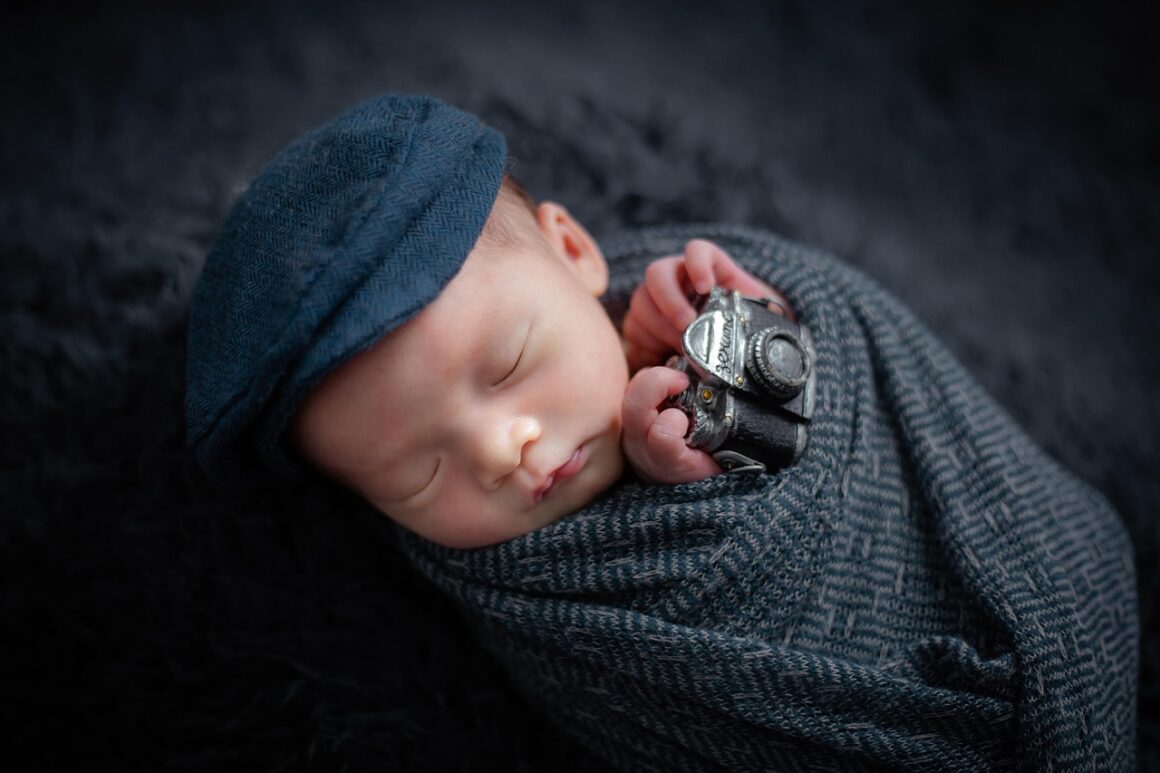Growing up with two sisters with intellectual disability has taught me a lot about diversity, patience, and loving without boundaries. However, very recently, along with throughout their lives, I have found that people feel the need to erase their disabilities to accept them. My sister, Dakota, is considered high functioning. She is in a transitional program to get a job, and may be able to live on her own one day. My other sister, Courtney, does not talk and has very limited communication skills. Courtney does not bathe, feed, or dress herself, so she is considered more severely disabled. I have found that people like to ignore both of their disabilities.
People often try to make Courtney seem more valuable by insinuating her disability is not an incredible impairment. They say things like,”You know, maybe she actually perfectly understands us, but she does not want to communicate with you.” And sometimes family members try to take her on trips to make her feel “normal,” although all they do is make her uncomfortable. Our love for intellectually disabled people should have no qualifiers. Courtney probably understands very little of what goes on around her, and that is fine. We still love her indifference to highly emotional situations and how she thinks it is hilarious when people yell at each other. And it is fine that we should not take Courtney to the beach because she has muscle problems that make it incredibly hard to walk in the sand. She loves her futon and routine, and we love her for that.
My other sister, Dakota, is often told her disability does not matter, to the point where she at times believes that her disability does not even exist. These people are well intentioned but do much more harm than good. Dakota often has advisors and friends who encourage her to get a driver’s license and date boys in regular education. At home, we know that Dakota has trouble with stressful situations, like driving, and it would be incredibly predatory for anyone outside of special education to date my sister. Attitudes treating disability as unimportant are counterproductive, making it hard for Dakota to recognize and adapt to her disability.
The fact of the matter is that these attitudes towards disability are lingering remnants of times where disability has been viewed as an evil or deficiency. We say disability does not matter because we believe that it would be a bad thing if disability did matter. However, disability is not something that needs to be cured or destroyed or overcome. The more we try to erase or ignore disability, the more we stigmatize it.
I think intellectual disabilities are especially prone to this treatment because it is somewhat invisible to us- seen only in social and academic behaviors. It is easy for us to look at Courtney and think, “Who knows what is going on in her head,” for us to romanticize disability into what we believe should be “normal.” However, we do not have to do this.
The next time you meet a disabled person, of course you should not point their disability out or exaggerate it, but remember not to erase their disability either. Get to know people for who they are, and love without limitations.




